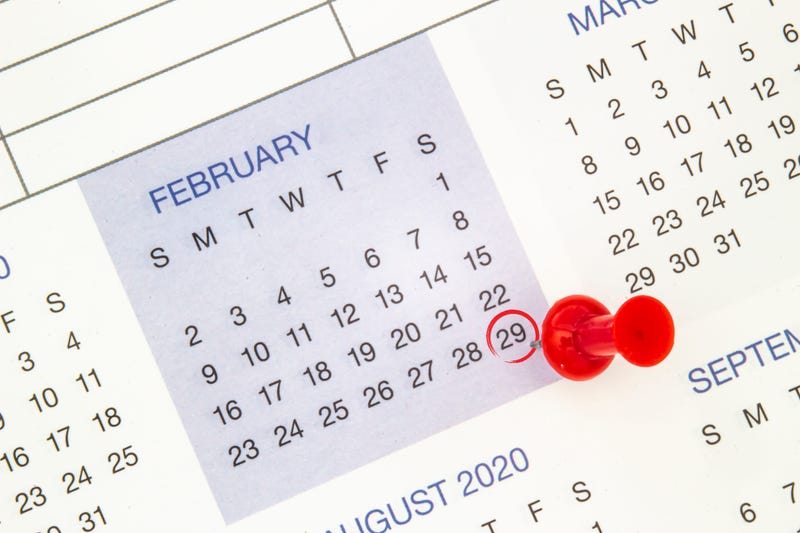Election Years And Leap Years

And they fall on the same years already.
Election years and leap years. The notable exceptions are years that mark centuries example. Presidential elections have always fallen on a leap year except for the very first in 1789. As a bonus u s.
In a leap year the extra day is added at the end. Is this not a no brainer national election day. Election results for every election from 1789 to the present.
They must be divisible by 400 to be leap years so 2000 and 2400 are leap years but 2100 will not be one. A leap year is a year with an extra day added to keep the calendar synchronized with the astronomical year revolution around the sun. 800 1200 2000 were leap years but 1700 and 1900 were not because they are not divisible by 400 even though they are divisible by four.
The presidential elections are not always on a leap year. Multiples of 100 are only leap years if also divisible by 400. Includes all candidates their parties number of electoral and popular votes.
Leap years almost always coincide with election years. A year which doesn t have the extra day is called a common year. I have looked back a few years and 2008 2000 and 1992 were leap years on both the hebraic and gregorian calendars.
Even though a leap year is every 4 years not every election is a leap year. For the original method of electing the president and the vice president elections of 1789 1792 1796 and 1800 see article ii section 1 of the constitution. First it s the year presidential elections are held.


















